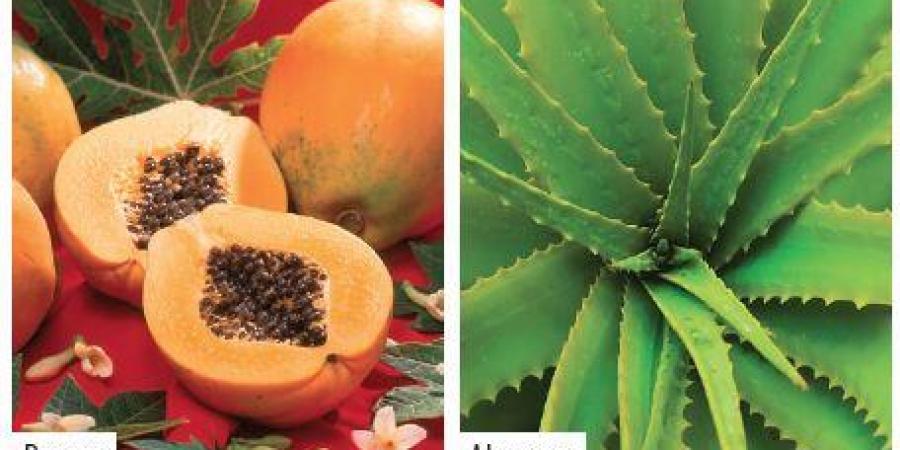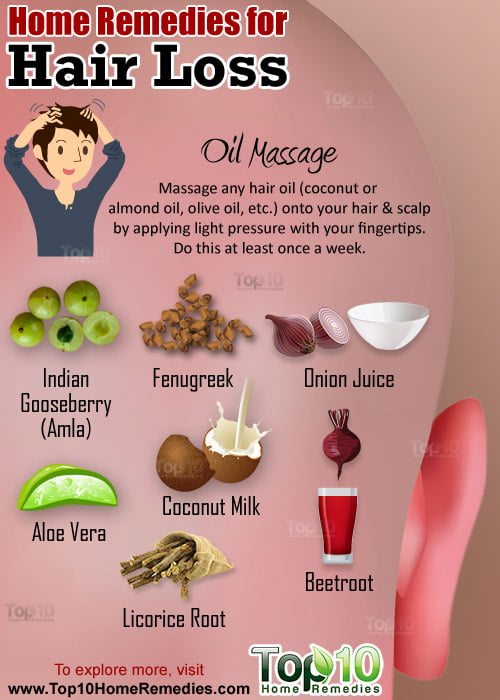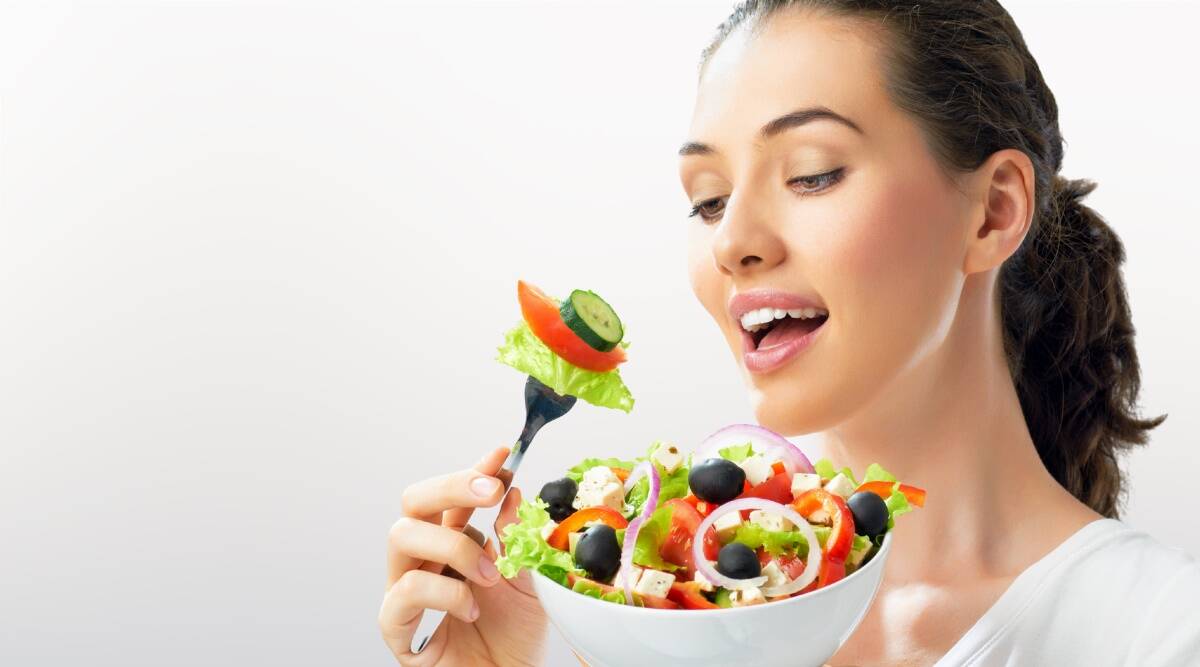Alcohol is a significantly calorific compound; it contains 7 kilocalories per gram, compared with 4 kilocalories per gram in carbohydrateand 9 in fat.
In a glass of wine, there are 83 calories, meaning that three glasses can make up more than 10 percent of an individual’s recommended energy intake.
This high calorie content means that, if alcohol is consumed, it becomes very easy to take in more calories across a day than our body needs.
Because alcohol is globally popular and obesity is on the rise, understanding the interplay between alcohol and food is more important than ever.
Research looking at the way alcohol affects appetite and overall calorie intake in humans has been contradictory. Some studies have shown an increase in appetite and food intake with alcohol consumption, whereas others have demonstrated the reverse effect.
Alcohol and appetite
A team of scientists from the University of Illinois at Urbana-Champaign decided to take a fresh look at these interactions.
The investigators ran a series of studies using a rat model. They chose rats over mice because, in some ways, they are more similar to humans. Rats are bigger mammals and eat more food, making it easier to quantify; they also show similar feeding-related patterns and brain circuits to humans.
If laboratory rats are provided with alcohol, many of them will consume it until they are tipsy. However, they rarely drink until they are drunk – in other words, they will not binge drink.
The team of researchers, led by Prof. Nu-Chu Liang, found that when the rats had consumed a moderate amount of alcohol, they consumed less food, keeping their caloric intake at the same level as it would have been if they had not consumed alcohol.
“I was looking at whether alcohol intake affects overall caloric intake and body weight change. And the result, in terms of voluntary drinking, is that it does not – at least in rats.”
Nu-Chu Liang
However, things changed if the rats were injected with alcohol – to mimic binge drinking. Under these circumstances, the rats actually consumed fewer calories overall and began to lose weight. Even if the equivalent to 50 percent of their daily calorie intake was injected in the form of alcohol, they would still, overall, consume less calories across the day.
Drawing conclusions from rat studies
The study makes an interesting contribution to the existing contradictory literature on this topic. However, it does have some limitations, and whether it can be applied to humans is still very much up for debate. Firstly, some studies in humans do show that moderate alcohol appears to stimulate appetite, so the answer can not be clear cut.
Also, as the authors mention, the rats in this study were being fed their standard lab chow every day. This is substantially different to situations in which humans generally drink alcohol. Often, when humans are drinking – for instance, in a restaurant – they have a range of food options; this can artificially encourage appetite. Additionally, there is a growing body of evidence demonstrating the significant effect of social situations on appetite and eating behavior.
For this reason, Prof. Liang wishes to extend her work to mimic this type of situation; perhaps by providing a range of novel or high-calorie foods in the rat’s cages.
The researchers are quick to point out that, although alcohol intoxication appears to reduce caloric intake, it is not a good weight-loss model for humans. She says: “In this case, high blood alcohol levels suppress appetite and suppress weight gain, but it’s more like the loss of appetite and weight loss during sickness.”
Further research will be needed to pick apart the complex interactions between calorie intake and alcohol consumption; the debate is far from settled.
Read how physical activity can curb some of the harmful effects of drinking alcohol.
[source;medicalnewstoday]





















